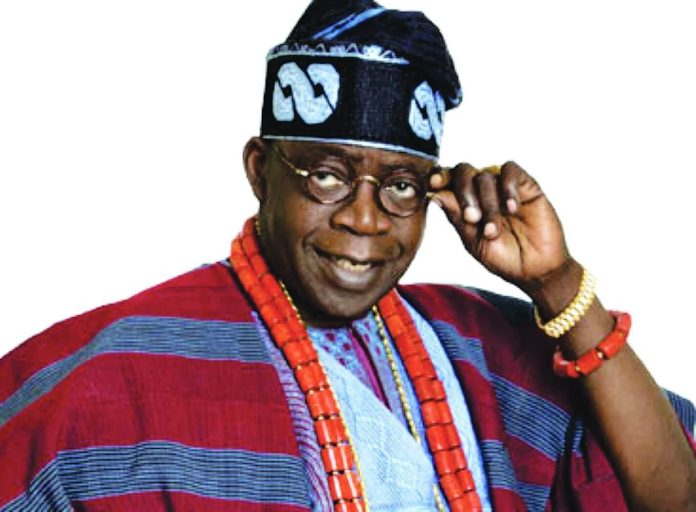In response to the National Economic Council’s (NEC) recommendation for further consultation on tax reform bills, President Bola Tinubu has chosen to uphold the legislative process. He believes the National Assembly, currently reviewing the bills, provides ample room for public contributions and modifications without retracting the bills. President Tinubu expressed appreciation for the NEC’s advice, especially acknowledging Vice President Kashim Shettima and the state governors’ role.
President Tinubu encourages the NEC to allow the legislative process to progress fully while welcoming stakeholder engagement to address any reservations during the bill’s consideration. He emphasized that his goal since establishing the Presidential Committee on Tax and Fiscal Policy Reform in August 2023 has been to create a more productive and investment-friendly economy, a mission that remains essential.
Following over a year of extensive research and public input, including contributions from various sectors, the Committee presented four major tax bills to streamline and modernize Nigeria’s tax administration, with objectives aligned to global standards. Here are the bills’ key highlights:
1. The Nigeria Tax Bill aims to reduce multiple taxation and foster economic competitiveness by simplifying tax obligations.
2. The Nigeria Tax Administration Bill (NTAB) proposes a standardized approach to tax administration, simplifying compliance and enhancing revenue collection across federal, state, and local governments.
3. The Nigeria Revenue Service (Establishment) Bill intends to restructure the Federal Inland Revenue Service (FIRS) as the Nigeria Revenue Service (NRS), reflecting its national mandate.
4. The Joint Revenue Board Establishment Bill aims to create a Joint Revenue Board, replacing the Joint Tax Board, with federal and state tax authorities unified. The bill also introduces an Office of Tax Ombudsman under the Joint Revenue Board to protect taxpayer rights and streamline dispute resolution.
These reforms aim to coordinate Nigeria’s federal, state, and local tax operations, addressing long-standing inefficiencies and overlapping functions. By consolidating major taxes, including Corporate Income Tax, Personal Income Tax, Capital Gains Tax, Petroleum Profits Tax, Value-Added Tax, and excise duties, the bills propose an integrated structure to simplify tax administration.
While specific aspects of these reforms may be subject to debate, there is broad agreement on the need for updates to support Nigeria’s development goals. President Tinubu reiterates his respect for the NEC’s guidance and its vital role in shaping Nigeria’s economic policies.




